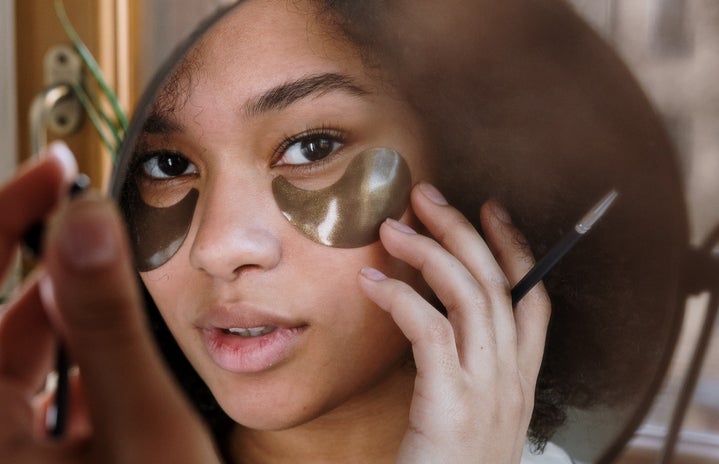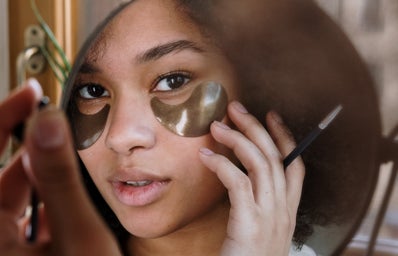When hearing the word ‘trend’, material fixations such as clothing, décor and hair colour comes to mind that don’t appear to have long-lasting implications.
But many of us are guilty of changing our natural facial features by using methods that have become increasingly more accessible to the public, a trend that has a permanent impact on our self-esteem. These include makeup products and even plastic surgery procedures or fillers.
For the past 10 years, plastic surgery was a rising force that the entertainment industry used as a tool to reduce signs of ageing and to portray a flawless façade that many members of the public would idolise. We have been in an anti-ageing epidemic for a long time, with many adverts for skincare companies and cosmetic procedures promising to reverse the effects of ageing and to produce a youthful appearance instead. Plastic surgeon Dr Kirk Kremer suggested in a 2018 blog post that the cosmetic industry was expected to be a global industry worth over £8.5 billion by 2022.
Despite this popularity, a recent trend has seen a reverse in these standards of beauty.
The term ‘undo-plastie’ means to undergo cosmetic surgery to correct a previous procedure that is botched or no longer desired. Recently, a number of celebrities have chosen to undo fillers and veneers, opting for a more natural look.
TV personality Molly Mae Hague is the perfect example of this trend, as she even vlogged her journey to removing her composite bonds, jaw fillers and lip fillers. Looking equally as beautiful after embracing her natural appearance, I feel as though this trend could bring a positive outlook surrounding natural appearance in today’s society, as her followers who are mostly young adult women are able to see someone that they look up to embrace their natural features.
When considering non–evasive procedures, social media is becoming more resistant to the effects of filters and editing. This is evident in recent TikTok trends such as the new hair colour filters. Comment sections in these videos are swarming with warnings that these types of filters also edit facial features too, meaning they are not an accurate depiction. Makeup videos on both Instagram and Tiktok show creators embracing textured skin, turning off the blurring beauty filters that add to the illusion of false perfection.
An observation that I have made when looking at my own friends’ posts show an increase in ‘photo dumps’ that shy away from the era of Instagram where there is emphasis on posting polished photos of our own selves, favoring embedded selfies in-between pet pictures, food posts and sunsets that document recent memories.
The pandemic was a mentally and emotionally challenging time for many, however I believe that it is what we need to thank for this appreciation of the natural. We were stripped of so much during this period, with lots of time for reflection on what is important and essential to us in life. It should come as no surprise that the stripping back for many became physical.
With such a reverse in the standard of beauty that celebrities we are exposed to in the media are portraying I hope that this embracing of the natural is positive. As plastic surgery is more accessible in today’s society than it once was, the exclusivity of these procedures and this more artificial aesthetic is becoming increasingly more available to those of lower statuses. In turn, there is a danger that the image of ‘natural’ that is presented by these celebrities is not due to the positivity of embracing their own features for what they are, but to avoid being associated with an image that is now connected with more regular folk and natural beauty is the rarity.
The previous trends of covering up blemishes with makeup or filler are now even more harmful as we are expected to look and feel perfect without relying on makeup or procedures to feel confident. This allows for the possibility that celebrities could present themselves as natural without disclosing their subtle nose jobs, not obvious lip fillers and botox to hide aging signs, perpetuating a standard of ‘natural’ that isn’t attainable to the average person.
The future of this trend is uncertain; however, it leaves us with a question as to whether we are being encouraged to embrace our natural beauty or are being lured into a false sense of what natural beauty really is?


